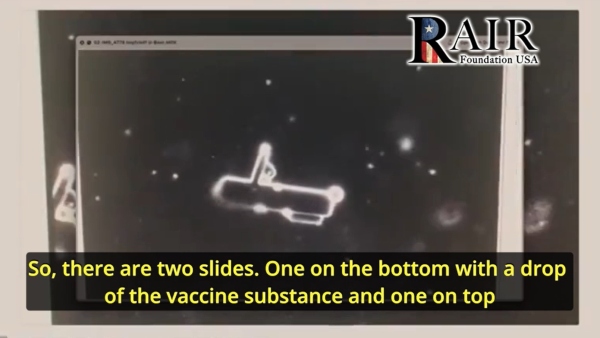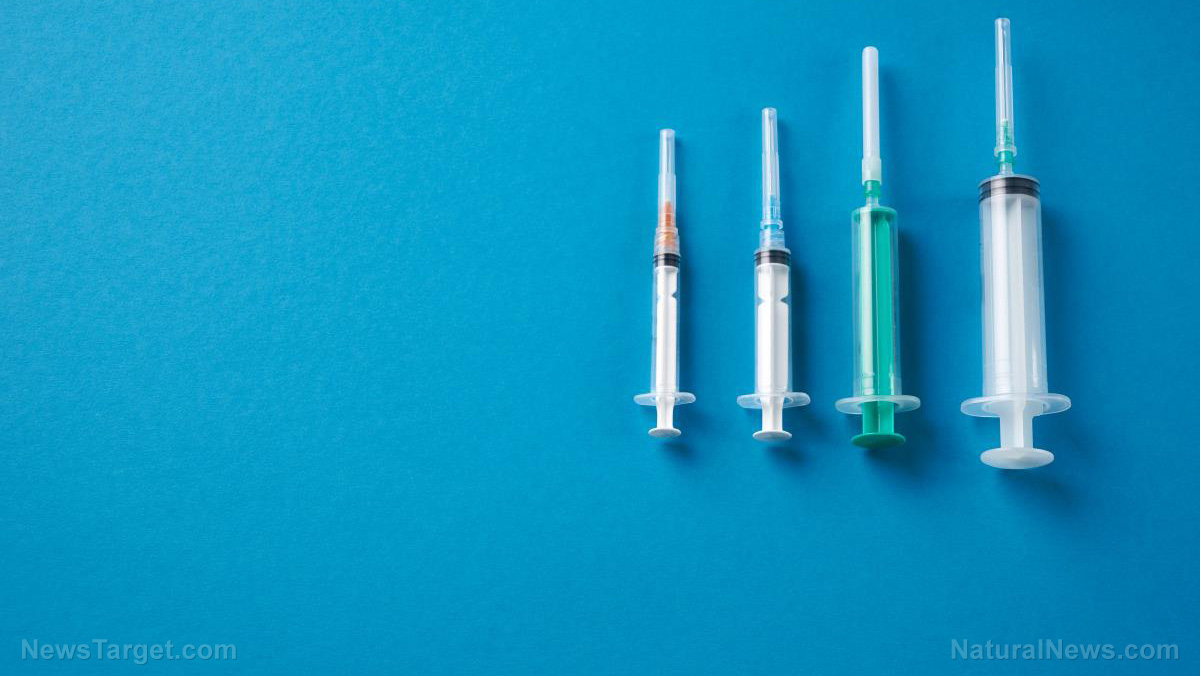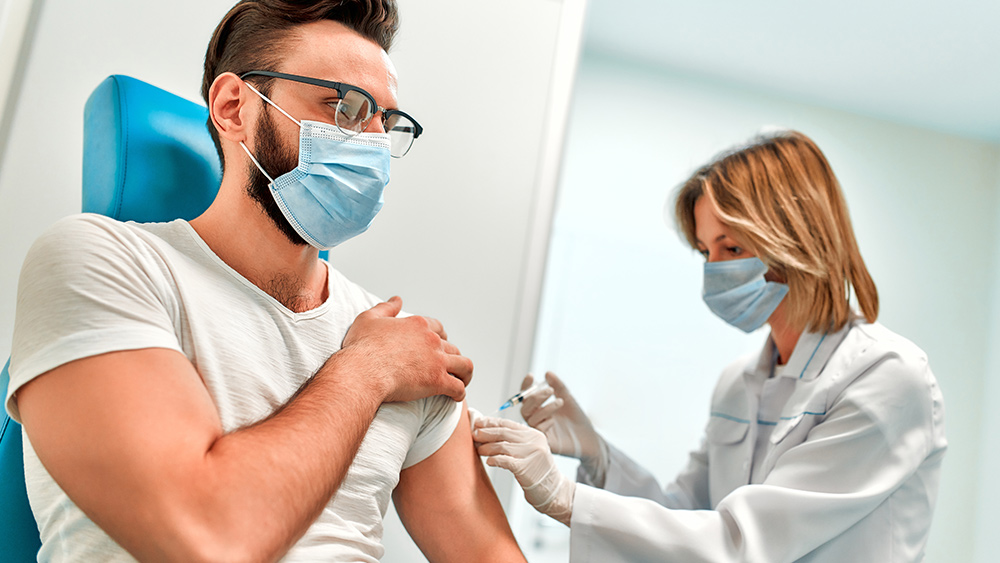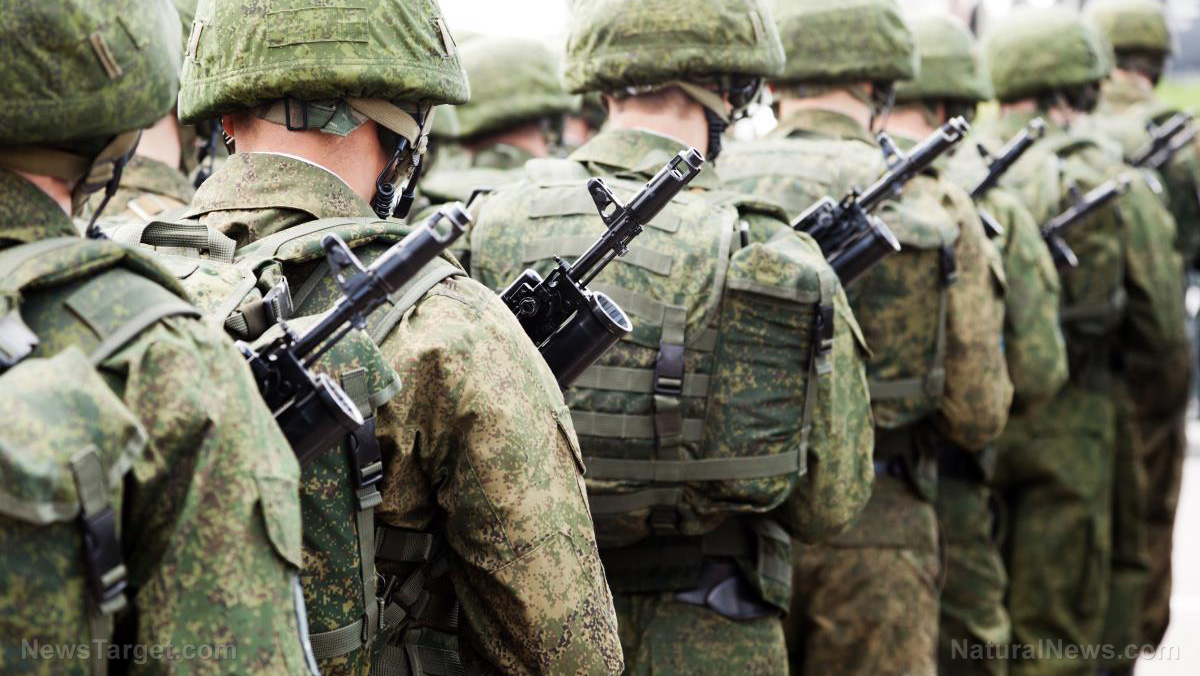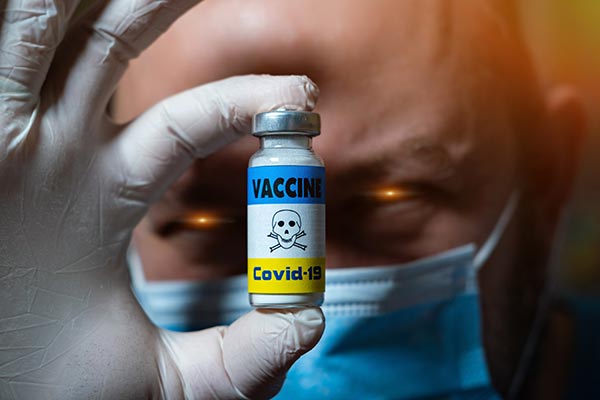UK deploys hundreds of soldiers to hospitals in London amid extreme staffing shortages caused by firing the unvaccinated
01/11/2022 / By Arsenio Toledo
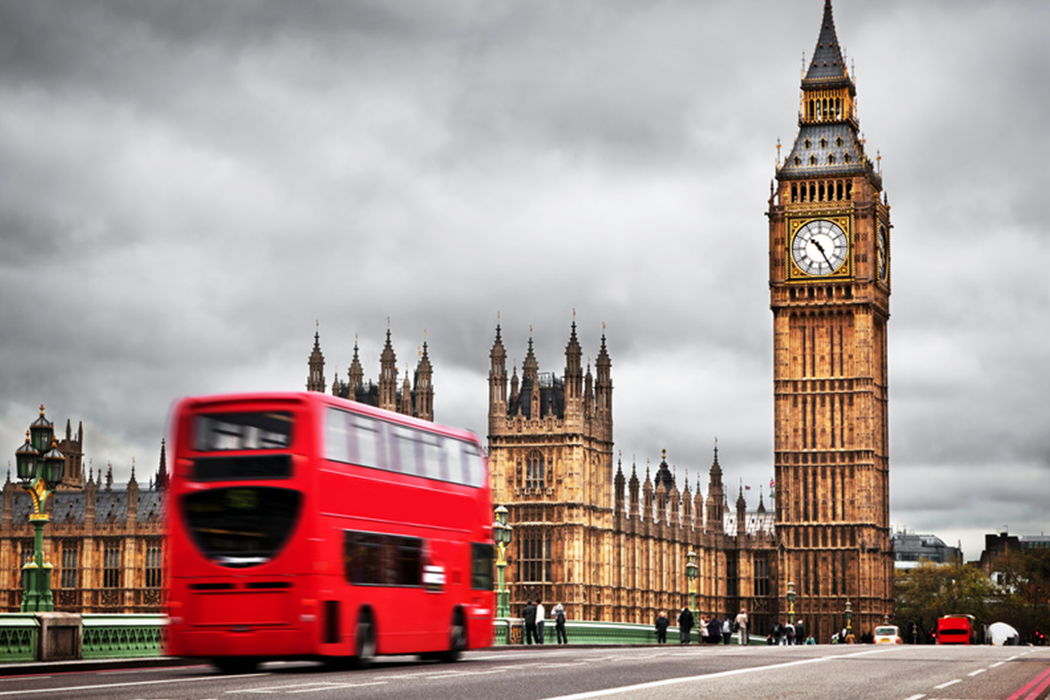
Authorities in the United Kingdom have started deploying members of the country’s armed forces to hospitals in London to support the National Health Service (NHS) due to glaring staffing shortages caused by the Wuhan coronavirus (COVID-19).
London is currently the epicenter of the country’s post-vaccine omicron variant outbreak, which led to a huge surge in cases – especially among the fully vaccinated. Among the many infected by the variant are dozens of nurses, doctors and other healthcare workers who were left unable to work as they recover from COVID-19.
The U.K.’s Ministry of Defense (MoD) announced that it will provide 40 army medics and 160 general duty personnel to NHS hospitals in London for the next three weeks. They will be deployed in 40 teams of five, comprising one medic and four general duty personnel. The location they will be deployed will depend on where the need is greatest.
The 40 army medics the MoD is sending are doctors who will help other NHS staff look after patients. The 160 general duty personnel have no medical experience and will be checking in on patients, ensuring hospital stocks are maintained and “conducting basic checks,” according to the MoD.
In addition, the MoD is also deploying 32 military co-responders who will support the beleaguered paramedics working for the South Central Ambulance Service, which provides emergency medical services to four counties in southern England.
“The men and women of our armed forces are once again stepping up to support their dedicated colleagues in the NHS as they work hand-in-hand to protect the nation from COVID-19,” said Secretary of Defense Ben Wallace in a statement. “They have shown their worth time and again throughout this pandemic, whether driving ambulances, administering vaccines or supporting patients in hospital, and they should be proud of their contribution to this truly national effort.” (Related: COMPLIANCE MIND GAMES: United Kingdom to change the definition of “fully vaccinated” to require COVID-19 booster shots.)
Undersecretary of the Armed Forces James Heappey said the government recognizes that hospitals in London are experiencing “extraordinary pressure.”
“This is a time of year that is busy even if there weren’t COVID-19. And so put a surge of COVID-19 on top of winter pressures and you have an extraordinary situation that has put the NHS on a war footing,” said Heappey.
The over 200 members of the military will supplement the 1,800 service personnel who were already deployed across the U.K. to support civil authorities in their response to the COVID-19 pandemic. This includes 313 personnel lent to the Welsh Ambulance Service, 96 to the Scottish Ambulance Service and more than 1,000 service personnel helping the government’s mass vaccination program.
Members of the military to help extreme staffing shortage in NHS
The announcement regarding the deployment of soldiers comes just two days after Prime Minister Boris Johnson said he wants England to “ride out” the current post-vaccine outbreak of COVID-19 without implementing any further restrictions. But he acknowledged many parts of the fully vaccinated NHS will feel “temporarily overwhelmed” by the surge in cases among London’s fully vaccinated population.
Pressure on London hospitals has increased over the past month, as more than 4,000 patients are currently hospitalized due to COVID-19 at the moment compared to the around 1,000 that were confined in early December.
Patricia Marquis, the director for England’s Royal College of Nursing, said the deployment of members of the armed forces showed that the government could no longer deny that the NHS was experiencing a “staffing crisis.”
“The prime minister and others can no longer be dismissive of questions about the ability of NHS staff to deliver safe care,” she said. “Nursing staff might welcome any extra help at work right now, but we need to know that the government isn’t compromising patient and professional standards in any way.”
Chris Hopson, chief executive of NHS Providers, a group of hospitals in London, welcomed the assistance from the armed forces but noted that their arrival shows how dire the staffing situation is in the NHS.
“Trust leaders will welcome the support of colleagues from the armed forces during what continues to be an incredibly challenging time for the NHS in London,” said Hopson.
“The fact that we need to call upon army medics and general duty personnel at all underlines the sheer scale of the workforce challenges the NHS is facing. The experience of the pandemic makes plain underlying issues which need resolution – the need for a national long-term plan for the health and care workforce, ongoing challenges with vacancies and recruitment predating the pandemic by a number of years.”
Matthew Taylor, chief executive of the NHS Confederation, another group of hospitals, also welcomed the arrival of over 200 servicemembers, but said that the help they will be able to give will be “only a very small part of what will continue to be a very difficult situation.”
Data from NHS England shows that London’s NHS trusts have seen a significant surge in staff absences. On Nov. 29, 1,046 NHS personnel were absent from work. On Jan. 2, that number multiplied to 4,765. This represents approximately four to five percent of all staff employed by the NHS.
In the week leading up to Christmas, the number of NHS staff in London who were absent from work almost reached 6,000 a day.
Watch this episode of “Hugo Talks” as the host talks about how British Health Secretary Sajid Javid is forcing all 100,000 employees of the NHS to be fully vaccinated and boosted by April 1.
This video is from The Prisoner channel on Brigthteon.com.
Learn more about the COVID-19 pandemic in the United Kingdom at Pandemic.news.
Sources include:
Tagged Under: coronavirus, covid-19, Hospitals, labor shortage, london, military, National Health Service, NHS, outbreak, pandemic, staffing shortage, United Kingdom
RECENT NEWS & ARTICLES
COPYRIGHT © 2017 IMMUNIZATION NEWS



